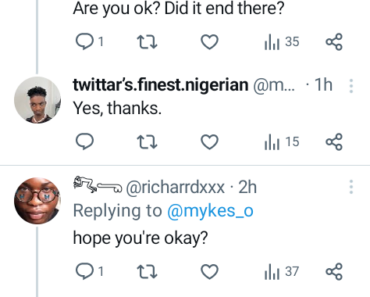[ad_1]
Over the years, transferring money has undergone a significant transformation due to technological advancements. Gone are the days of waiting in line at the bank and dealing with endless paperwork. Now, the process is faster, more convenient, and more secure than ever before. This revolution has been made possible by new technologies and platforms that not only simplify the transfer process but also provide a glimpse into a future of seamless cross-border transactions.
One of the most significant innovations in money transfers is the rise of digital wallets and mobile payment apps. These applications allow users to send and receive money instantly, removing the need for traditional intermediaries like banks. With just a few taps on a screen, individuals can send funds to anyone, anywhere in the world. Additionally, mobile payment apps often offer additional features, such as expense tracking and bill splitting, making them an all-in-one financial solution.
Blockchain technology, which powers cryptocurrencies like Bitcoin, is another game-changer in money transfers. Acting as a decentralized ledger, blockchain records every transaction made across a network of computers. This technology ensures transparency, security, and immutability throughout the transfer process. Transfers made through blockchain are not only faster but also more cost-effective and traceable, particularly for international transfers.
Artificial intelligence (AI) and machine learning also play a significant role in revolutionizing money transfers. These technologies streamline and automate various aspects of the transfer process. AI-powered systems can detect fraudulent activities, flag suspicious transactions, and verify user identities in real-time. Machine learning algorithms analyze patterns and data to improve the accuracy and efficiency of transfers while minimizing risks.
Furthermore, the rising popularity of digital currencies has opened up new possibilities for cross-border money transfers. Cryptocurrencies like Bitcoin, Ethereum, and Ripple enable instant peer-to-peer transfers without the need for traditional banks or intermediaries. These decentralized currencies have the potential to make cross-border transactions faster, more cost-effective, and bypass the complexities associated with traditional fiat currencies.
However, while the future of money transfers is exciting, it also presents its challenges, one of which is regulation and compliance. Governments worldwide are grappling with the rapidly evolving technology and are implementing appropriate regulations to safeguard users while combating money laundering and fraud. Striking a balance between innovation and security is crucial for establishing a robust and trustworthy money transfer ecosystem.
The future of money transfers looks promising, thanks to technology. Digital wallets, blockchain, artificial intelligence, and digital currencies are fundamentally transforming the way money moves across borders. As these innovations continue to evolve, we can anticipate even more seamless, efficient, and inclusive transfer systems, making global transactions easier for individuals and businesses alike.
[ad_2]
→ READ ALSO : Finding the Way to Heal: Unearthing the Journey to Recovery
→ READ ALSO : The Latest Trends in Software Development: Revolutionizing the Digital World
→ READ ALSO : Learn the Art of Trading Like a Pro: Valuable Insights from Accomplished Traders
Suivez tous les scores en direct ici !
























